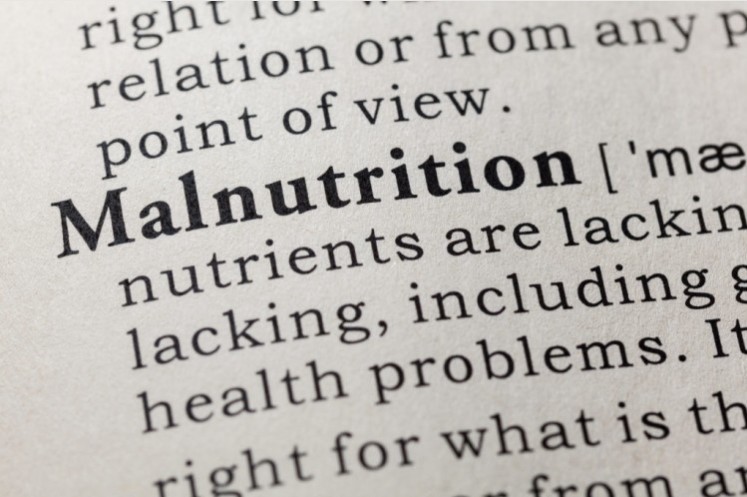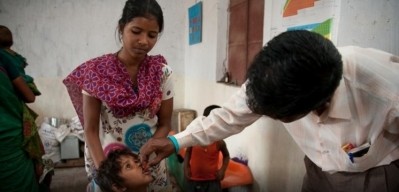Prevalence of nutritional deficiencies in Asian children needs urgent attention

The South-East Asian Nutrition Survey (SEANUTS II) canvassed 13,933 children aged six months to 12 years and discovered widespread cases of stunted growth and anaemia in the region and particularly in younger children.
Published findings also show the majority of children routinely fail to achieve requirements for calcium and vitamin D, leading to deficiencies. High incidence of excessive weight and obesity among older children was also noted.
This triple burden of undernutrition, micronutrient deficiencies and overweight/obesity co-exist in the same country and often within the same family, the report says.
Principal investigator and Professor of Health Sciences at the University Kebangsaan Malaysia, Dr Poh Bee Koon comments: “Healthy nutrition is about balance, moderation, and variety. If children don’t get the nutrition they need, they won’t grow and develop properly.
“My dream is to break the vicious circle of poverty and poor nutrition. I want healthy children to grow up into healthy adults.”
Understanding nutritional needs
SEANUTS II aims to provide up-to-date information on the nutritional status, dietary intake, and lifestyle behaviours of children in South-East Asia. It recorded dairy intake, physical fitness levels, blood analysis, and the impact of COVID-19.
A previous survey conducted between 2010 and 2011 demonstrated a double burden of malnutrition in children due to consistently under- or over-nutrition. Results initiated the introduction of school milk programmes and improved co-operation between governments and industry to promote balanced diets and an active lifestyle.
Margrethe Jonkman, Global Director, Research & Development, FrieslandCampina, says research is key to getting a better understanding of local nutritional needs.
“The results from this study will help FrieslandCampina in developing better and affordable products that meet the nutritional needs of children and in setting up programmes to promote a well-balanced diet and active lifestyle in collaboration with local authorities, health workers and schools.”
Regional focus
SEANUTS II involved leading universities, research institutes and local mobile field teams in the four focus countries (Indonesia, Malaysia, Thailand, and Vietnam).
Children were recruited from urban and rural schools, community health centres and sub-district administrative organisations and data collected between 2019 and 2021.
Results show that Indonesia has the highest rate of stunting in children under the age of five with approximately one in three affected, followed by Malaysia (one in seven), Vietnam (one in ten), and Thailand (one in 16).
Knock-on effects include increased risk of poor child development, poor school performance, and reduced intellectual capacity, the report says.
Risk factors
Calcium and vitamin D deficiencies were alarming high with approximately two-thirds of children aged six months to 12 years not meeting average requirements essential for immune support, normal growth, and bone development. In all four countries, 84% were deficient in vitamin D and 70% in calcium.
In three regions (Malaysia, Thailand, and Vietnam), 30-32% of children aged seven to 12 years were considered overweight or obese, significantly increasing the risk factor for developing non-communicable diseases, like cardiovascular diseases and diabetes. Rates were much lower in Indonesia at 15%.
Meanwhile, anaemia was observed in 40% of children under four years of age in Malaysia and Thailand, with repercussions for cognitive development, physical growth, and immunity. Figures were lower in Indonesia (30%) and Vietnam (24%).
Professor Bee Koon Poh adds: “These numbers emphasise an urgent need to improve food security, as well as the availability of food products that meet the children’s needs, thus increasing access to healthy nutrition.”







